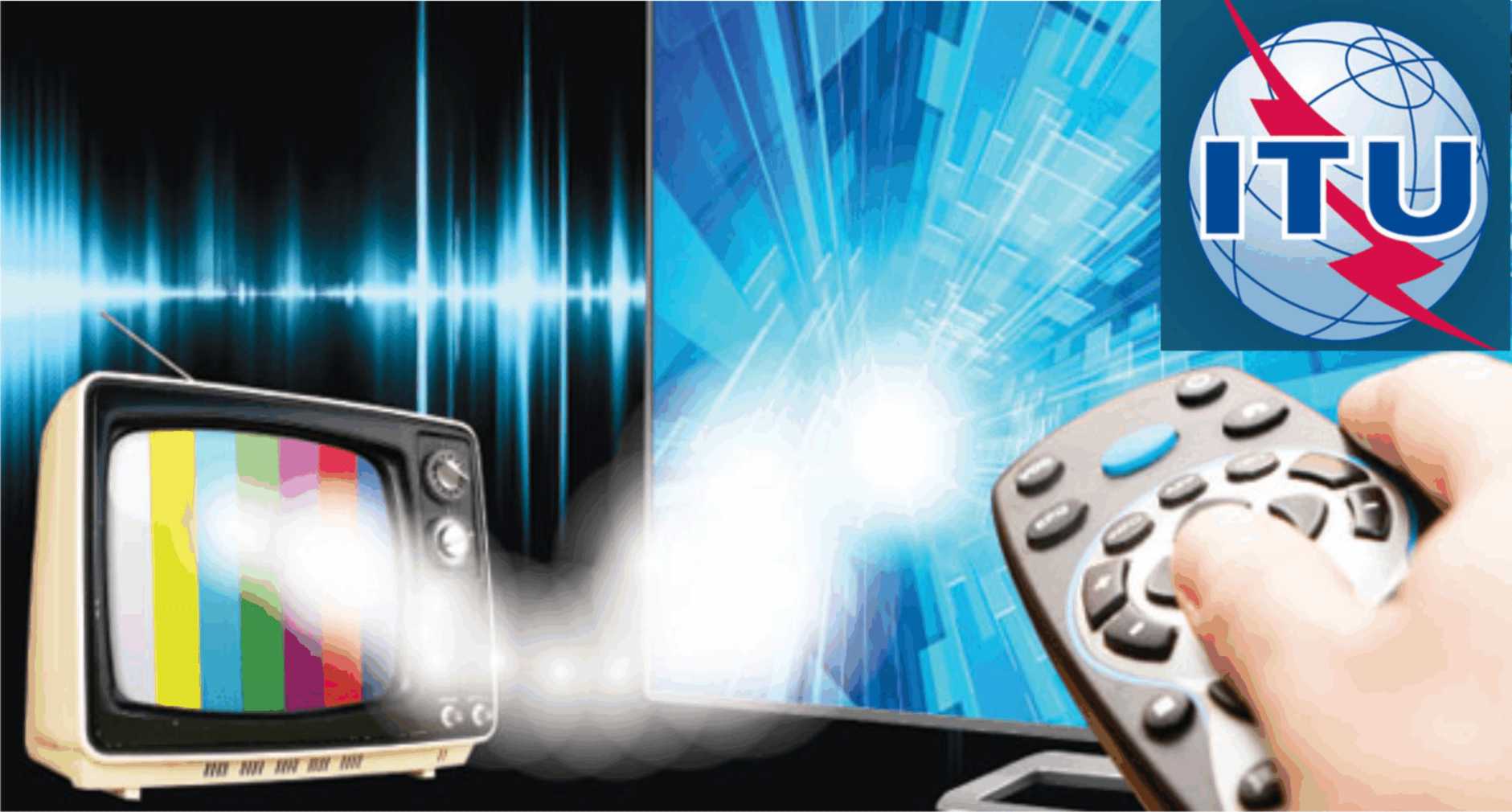Failing to meet the digital switch off from analogue to digital broadcasting deadline of June 17, Nigeria has announced an extension of 18 months; but the ITU remains resolute: no reprieve. By MKPE ABANG
There will be no extension of deadline for countries that fall to meet the digital migration switchover set for the region in which they fall, the International Telecommunication Union (ITU) has stated, even as Nigeria has made it public that the country would not meet the deadline of June 17, 2015 set for countries in Region 1 where the country falls.
In the face of daunting challenges despite preparations, Nigeria announced through the country’s broadcast regulator that it would be unable to meet the June 17, 2015 digital migration deadline set by the ITU.
This was the official position as made public by the country’s broadcast industry regulator, the National Broadcasting Commission (NBC). The NBC, through its Director-General, Mr. Emeka Mba, went on to announced extension for the switchover by 18 months, a situation the ITU says it could not endorse.
In a recent edition, IT & Telecom Digest called in its Editorial Commentary for the country to declare a national emergency on digital migration switchover.
Taking the battle further, IT & Telecom Digest contacted the ITU Headquarters in Geneva, Switzerland, to find out if there would be any window of opportunity for an extension, as was already announced by the NBC.
The ITU’s Chief, Media Relations and Public Information, Mr. Sanjay Acharya, stated in response to IT & Telecom Digest queries on the subject and whether there could be extension on the switchover, thus:
“I would like to confirm that there is no extension of the 17 June deadline.”
He further pointed to the ITU press release on the subject: “Please see the ITU press release: www.itu.int/net/pressoffice/press_releases/2015/CM03.aspx.”
Press further in subsequent communication, Mr. Acharya took up the matter further with the Director of the ITU Radiocommunication Bureau, Mr François Rancy, who gave the following response:
“17 June 2015 is the deadline for the transition from analogue to digital broadcasting for all countries belonging to Region 1 (that is, Europe, Africa, and the Arab Countries) and Iran. This deadline for switching off analogue television broadcasting in the UHF band was set by ITU Member States at the Regional Radiocommunication Conference in 2006.
“As the specialised agency of the United Nations dealing with information and communication technologies, including Spectrum and satellite orbit issues, ITU applies the decisions of administrations at World Radiocommunication Conferences and Regional Conferences, such as those related to setting deadlines.
“In this case, the deadline was agreed by a consensual decision of all participating Member States, and ITU has no power to impose or modify this decision.
“It is important to say that the process of switching to digital TV has been long and complex. ITU provides technical and planning assistance to its members on this matter, but its implementation lies in the hands of each administration.
“Some countries which are signatories to the 2006 Agreement have already introduced Digital television simultaneously with analogue. Others are in the process of doing so. We expect most countries in Africa to meet the deadline.
“The countries that will not be able to implement the deadline will face the following situation:
They will have an obligation to immediately resolve any harmful interference that may occur, either affecting neighbouring countries that have implemented the transition or emanating from other sources.
“And they will have abrogated their right to international protection.”
Commenting further, Mr. Rancy wrote that digital broadcasting has many advantages, explaining:
“Viewers and end-users can view a vast variety of additional programmes – and they can do so now on additional reception modes, such as portable TV and even on mobile devices. Of course, there is improved quality of image and sound, including HDTV.
“And there are additional services, such as interactivity, Electronic Programme Guides, and so on.
“For TV operators/content providers, digital TV offers significant decrease in transmission costs compared to analogue: Power costs are reduced as DTT requires less energy to ensure the same coverage as for analogue.
“Investment costs are decreased as one DTT transmitter can broadcast multiple channels or programmes, leading to the reduction of transmission costs through the sharing of infrastructure.
New TV services can be developed without spectrum constraints.
“And new innovative services can be offered, such as mobile TV, data, games, interactivity, VoD and much more
Stating that digital TV “is also a boon for Regulators”, Mr Rancy went on:
“More efficient use of radio spectrum provides the so-called digital dividend, freeing up spectrum for use by other services, such as mobile broadband. It lends itself to fair competition with the development of a terrestrial platform that is competitive with both cable and satellite platforms.
“In parallel, the global harmonization of the use of the 700 and 800 MHz bands by the mobile service is progressing well, with the adoption in Latin America, Asia and Europe, of frequency arrangements which can be used concurrently for both bands in the same terminals.
“Political will and economies of scale are therefore setting the conditions for the rapid, ubiquitous and affordable development of broadband access through 3G/4G IMT networks in developing and developed countries around the world, to a large extent through the extensive use of the UHF band.
“As it has always done, ITU will keep supporting new technologies by promoting best practices in the use of spectrum and introducing new provisions in the Radio regulations, when it is required, to enable their development while protecting other services, hence providing long-term assurance for investments in radiocommunication systems.”

